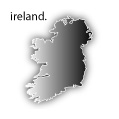 (04.22.06) WHAT springs to people’s minds when they think of Ireland? An island beside Britain, “is it not still part of Britain?” An isle of rolling hills filled with shamrocks, leprechauns and images of St Patrick plastered on every available surface? A place where hordes of red haired Guinness swilling drunks roaming the wilds looking for fights and more booze? Ireland is a curiosity when it comes to other people’s perceptions of it. But what has truly moulded Irish culture?
(04.22.06) WHAT springs to people’s minds when they think of Ireland? An island beside Britain, “is it not still part of Britain?” An isle of rolling hills filled with shamrocks, leprechauns and images of St Patrick plastered on every available surface? A place where hordes of red haired Guinness swilling drunks roaming the wilds looking for fights and more booze? Ireland is a curiosity when it comes to other people’s perceptions of it. But what has truly moulded Irish culture?
It is undeniable that Ireland has produced some of the greatest writers the world has ever seen: James Joyce, Samuel Beckett, W.B Yeats. Yet, what has moulded Ireland’s music scene? What is the music of Ireland? Sadly, the emerald isle and its masses are in the grip of traditional music. Why say sadly? How can holding onto tradition be a poor trait? Irish traditional music is a cultural mutation, born in the rural dens of the country during the nineteenth century but now a disfigured; an ill-tuned political beast with hate filled affiliations.
Ireland is a deeply historical country, a history that for many is merely a record of hatred towards its former ruler: The British. In the early twentieth century, before the break of the Great War, Ireland was on the verge of achieving independence from the Empire. But, the War changed the socio-political face of the world. The tidal wave affected the small Ireland in astronomical ways. Republicanism, a romantic movement with a writhing hatred for British rule and militant aspirations, began to grow and seep into the hearts of every man, woman and child of the land. 1916 is the year of the Easter Rising, when fanatics drunk on the notions of the Gaelige tongue and a celebrated Celtic past attempted to rip Ireland out of Great Britain. They failed, and their failure is still celebrated today as a monumentous triumph. Irish socio-political life would never be the same, a fact that resonates to today. Last weekend Ireland was once more in the grip of republican fever. Our government, the diluted remnants of the Republican movement, celebrated the 90th anniversary with parade in Dublin.
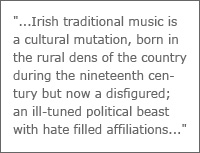 A major part of the attempted Republican coup was the cultural element that tailed behind the movement; a re-establishment of the Irish language, and with it the formal re-establishment of Irish traditional music. Ninety years after the failed rebellion, the green grime and grease of the movement’s rhetoric still clogs the eyes, ears and mouths of the island’s populace. The music taste of every Irelander is intrinsically traditionalist, born from an all-encompassing mass consciousness that the mystical concept of Republicanism has drowned the country in. There is a paradox in this thought though. Republicanism is a rebelling movement, one that questioned the authority of those in charge. This is once again reflected in the musical likes and dislikes of an Irish citizen. Irish people enjoy dipping their toes into the other side of alternative music, having a firm grip on the safety of traditionalism. This is the reason why the singer song writer is so popular in Ireland, why guys with an acoustic guitar who sing about the same drivel excel in the musical realm of the isle.
A major part of the attempted Republican coup was the cultural element that tailed behind the movement; a re-establishment of the Irish language, and with it the formal re-establishment of Irish traditional music. Ninety years after the failed rebellion, the green grime and grease of the movement’s rhetoric still clogs the eyes, ears and mouths of the island’s populace. The music taste of every Irelander is intrinsically traditionalist, born from an all-encompassing mass consciousness that the mystical concept of Republicanism has drowned the country in. There is a paradox in this thought though. Republicanism is a rebelling movement, one that questioned the authority of those in charge. This is once again reflected in the musical likes and dislikes of an Irish citizen. Irish people enjoy dipping their toes into the other side of alternative music, having a firm grip on the safety of traditionalism. This is the reason why the singer song writer is so popular in Ireland, why guys with an acoustic guitar who sing about the same drivel excel in the musical realm of the isle.
So how can electronic music make any kind of dent in such a conservative consciousness? How can the fortress of traditionalism be laid to waste? Computerisation, economic progress and social interest in the world beyond the shores have helped the modern Irish man break the antiquated bonds of conventionalism that Republicanism trapped almost two generations in. Ireland’s rise into the sphere of economic power has helped its citizens think outside of the box that despotic figures, such as Eamon De Valera, created for the masses. Mass media, the fall of censorship, the rise of the internet has opened up new portals for those who dream in Technicolor and live in tenements of steel and concrete. The double glazing age is here, the age of technology, the age of integration; where man and machine become one in all areas, even that of music. Traditional music is still endemic of Irish culture, but the youth of today find it old-fashioned and boring. The predictable Irish pub, so celebrated around the globe, is being transformed into the club. Dj’s are the agents of this new computer music, the Sean Fhear with his fiddle is now becoming a memory; and about time.
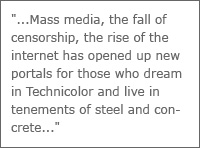 Republicanism helped conservatism, a prevalent element of any Catholic country, to blossom. To be reserved was a virtue in the Republic, conformity was admirable; following of traditionalist culture was a must. But, questioning and rebellion are just as much a part of the Republican tradition as the above traits, despite attempts to drown them in rightist sentimentalities. The insurrection attempted by Republicans ninety years ago is now taking place within the cultural institutes it created. Music is changing, and tradition cannot stop the electronic revolution.
Republicanism helped conservatism, a prevalent element of any Catholic country, to blossom. To be reserved was a virtue in the Republic, conformity was admirable; following of traditionalist culture was a must. But, questioning and rebellion are just as much a part of the Republican tradition as the above traits, despite attempts to drown them in rightist sentimentalities. The insurrection attempted by Republicans ninety years ago is now taking place within the cultural institutes it created. Music is changing, and tradition cannot stop the electronic revolution.
Visit Wikipedia for more info about Ireland.







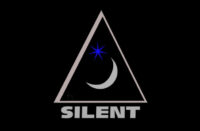


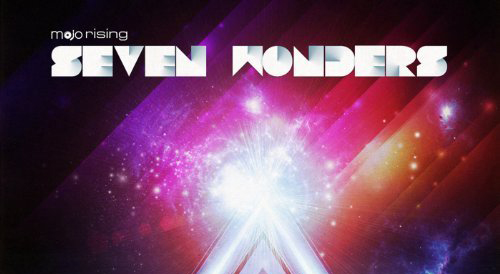
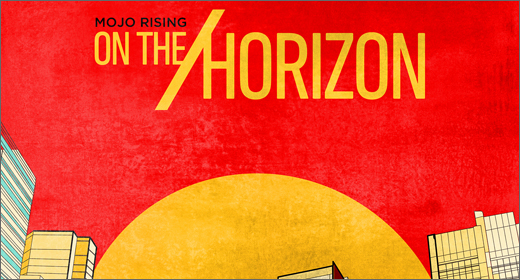
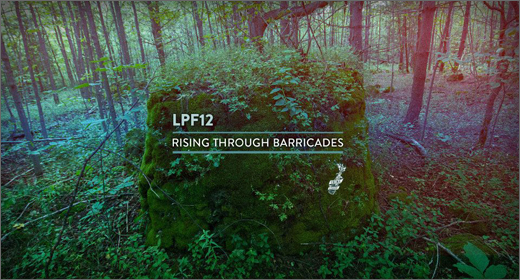
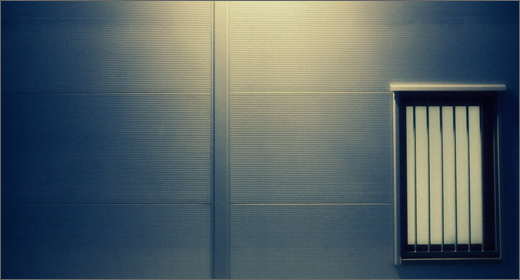
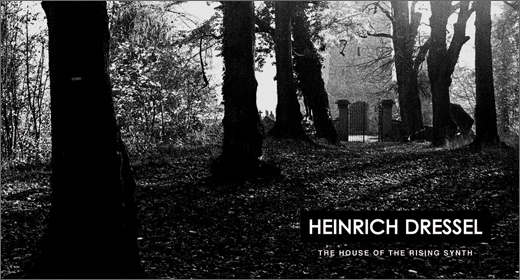

![Pole :: Tempus Remixes (Mute) — [concise]](https://igloomag.com/wp/wp-content/uploads/2025/04/pole-tempus-remixes_feat-75x75.jpg)






![Hasbeen :: Bunker Symphonies II (Clean Error) — [concise]](https://igloomag.com/wp/wp-content/uploads/2025/04/hasbeen-bunker-symphonies-ii_feat-75x75.jpg)

